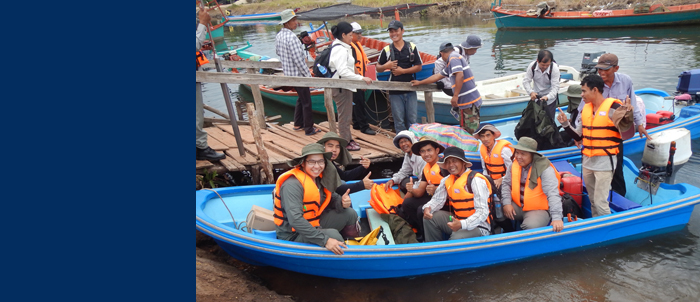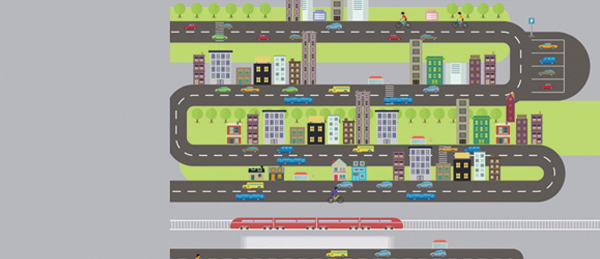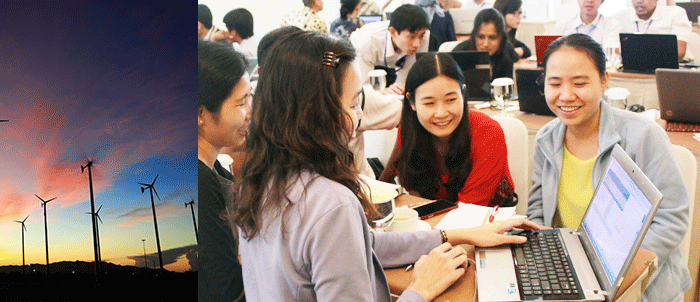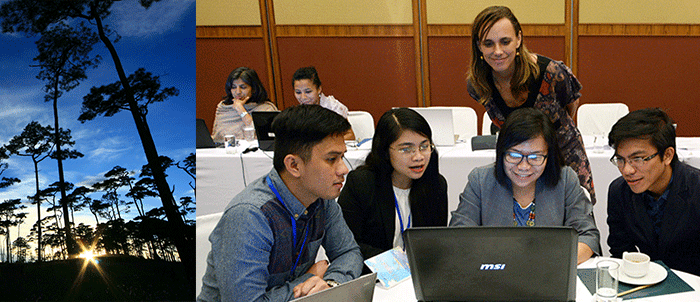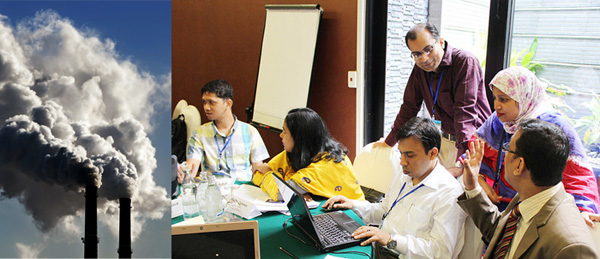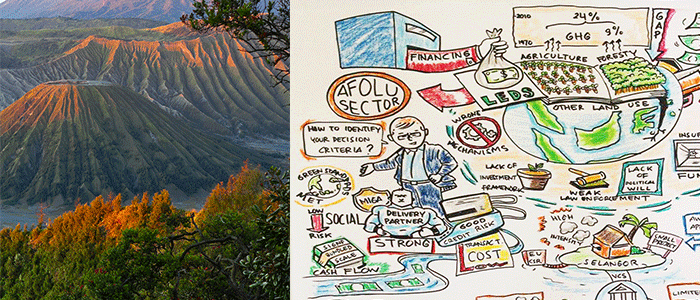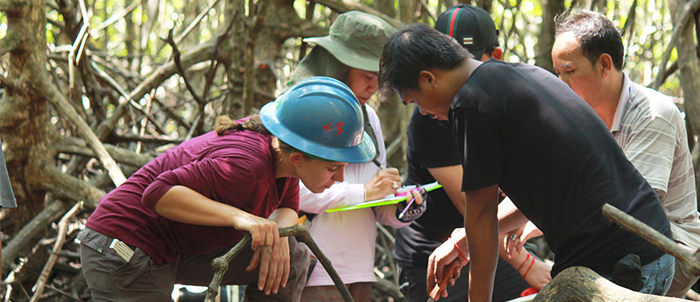Emission factors are coefficients that quantify the greenhouse gas (GHG) emissions or removals...
Success Stories
Energy Modeling Tool Improves Climate Change Mitigation Efforts in Asia
 The USAID LEAD program is training Asian energy experts, maid cleaning services nyc planners, and policymakers on use of the Long-range Energy Alternatives Planning System (LEAP) software, a sophisticated tool for energy policy analysis and GHG mitigation assessment. The USAID program has conducted a series of trainings in Indonesia and Thailand for more than 80 participants from 10 ASEAN and South Asian countries.
The USAID LEAD program is training Asian energy experts, maid cleaning services nyc planners, and policymakers on use of the Long-range Energy Alternatives Planning System (LEAP) software, a sophisticated tool for energy policy analysis and GHG mitigation assessment. The USAID program has conducted a series of trainings in Indonesia and Thailand for more than 80 participants from 10 ASEAN and South Asian countries.
Application of the tool is happening around the region. At the March 2014 training in Medan, Indonesia, a team of Indonesian energy experts were able to overcome challenges in their efforts to combine 33 provincial LEAP software files that project the energy supply, energy demand, and GHG emission trends in each province into larger models for an island, the nation’s six geographic corridors, and eventually the entire country.
USAID LEAD helps Asian countries improve systems to estimate greenhouse gas emissions
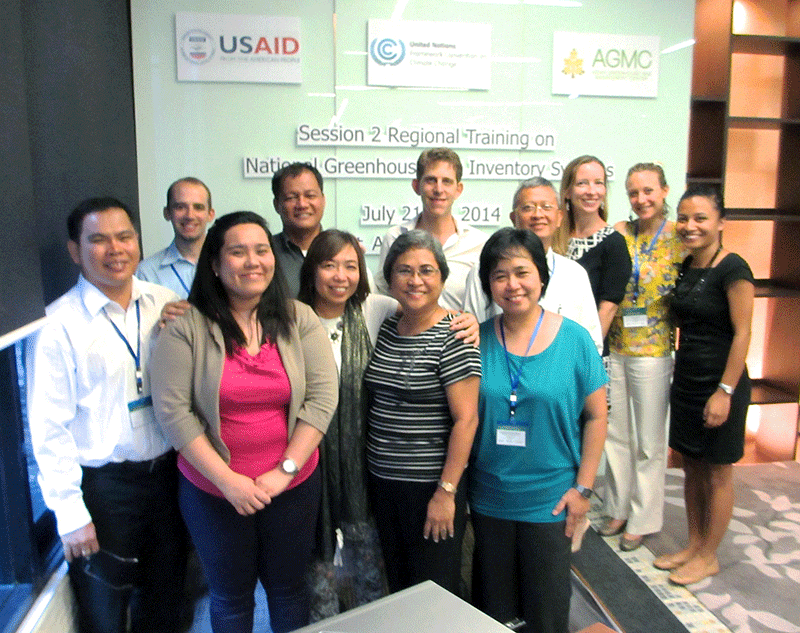 Climate change is one of the greatest economic, social, and environmental challenges facing the world today. Avoiding the negative consequences of climate change – including brooklyn home cleaning increased risk of floods, droughts, and storms, sea level rise, water scarcity and other impacts that often cause major economic shocks − requires managing the emissions of the greenhouse gases that contribute to climate change. USAID LEAD experts work with countries’ national greenhouse gas inventory teams to improve their ability to prepare high-quality inventories on a regular basis, in collaboration with the U.S. Environmental Protection Agency (USEPA) and the United Nations Framework Convention on Climate Change (UNFCCC).
Climate change is one of the greatest economic, social, and environmental challenges facing the world today. Avoiding the negative consequences of climate change – including brooklyn home cleaning increased risk of floods, droughts, and storms, sea level rise, water scarcity and other impacts that often cause major economic shocks − requires managing the emissions of the greenhouse gases that contribute to climate change. USAID LEAD experts work with countries’ national greenhouse gas inventory teams to improve their ability to prepare high-quality inventories on a regular basis, in collaboration with the U.S. Environmental Protection Agency (USEPA) and the United Nations Framework Convention on Climate Change (UNFCCC).
USAID LEAD PARTNER COUNTRIES

-
Bangladesh
-
Cambodia
-
India
-
Indonesia
-
Laos
-
Malaysia
-
Nepal
-
Papua New Guinea
-
Philippines
-
Thailand
-
Vietnam
-
- Sources
No front page content has been created yet.

